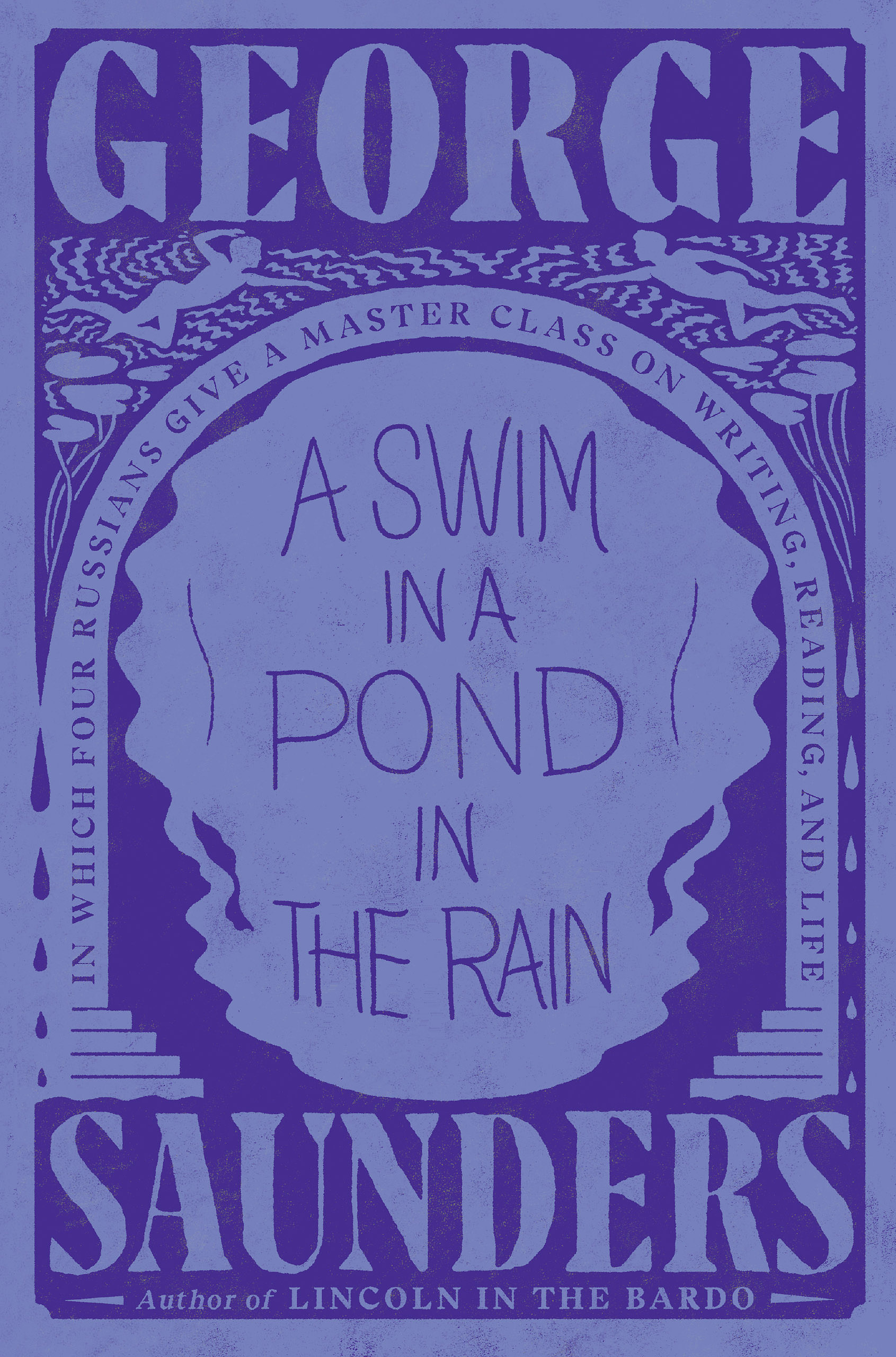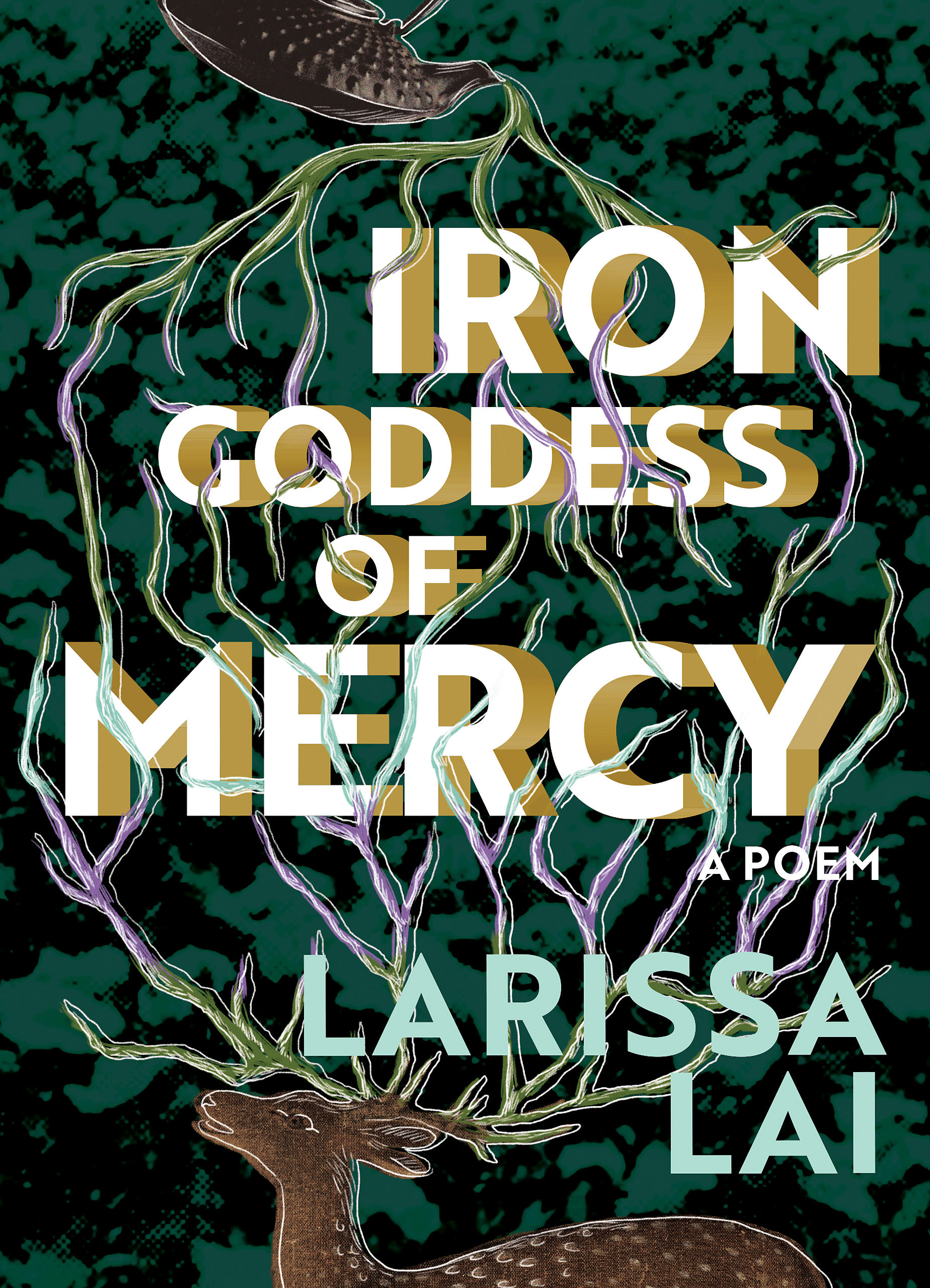Book Reviews: A Journey Through Classic Russian Literature and an Inventive Anti-Colonial Long Poem
Just our type.

A Swim in a Pond in the Rain
by George Saunders
In A Swim in the Pond in the Rain, Man Booker Prize–winning author George Saunders groups seven great Russian short stories that influence him as a writer and delight him as a reader. Whether shepherding one through the bitter snowfall of Leo Tolstoy’s “Master and Man” or untangling the absurdity of a runaway nose in Nikolai Gogol’s aptly named “The Nose,” Saunders’ insights yield rich rewards.
Tolstoy, Chekhov, Gogol, and Turgenev all delight on their own, but Saunders—who teaches creative writing at Syracuse University—is an astute and generous reader, and accompanying each short story is an essay on why each piece works both aesthetically and emotionally. Saunders’ ruminations on rhythm, repetition, omission, and imagery explore how these literary titans enliven both the agonies and comedies of the human heart.
Replicating the experience of reading alongside a clever and entertaining friend, Saunders’ questions about how and why we read illuminate the joys literature provides. Whether in the hands of an aspiring writer or simply an enthusiastic reader, A Swim in the Pond in the Rain will not only enrich the short stories included in the book but also whatever text one turns to next.

by Larissa Lai
Maenads rage through the pages; the writer interrogates, skewers, adores, and revels relentlessly. Moving nimbly but with inexhaustible impact, Lai grapples with the legacies of the Japanese occupation of Hong Kong and the enduring consequences of systemic violence. Iron Goddess of Mercy searches for new ways to relate to pain and trauma, new methods to rail, confront, and ultimately, find momentum in the face of these immense histories.
Though it dances with important and, at times, solemn subjects, the book never feels too heavy. Sly, crude, hilarious, graceful, and wise in turn, Iron Goddess of Mercy is a rare and dazzling experience. This is a poem likely to be read and reread, revealing different and brilliant offerings every time.





